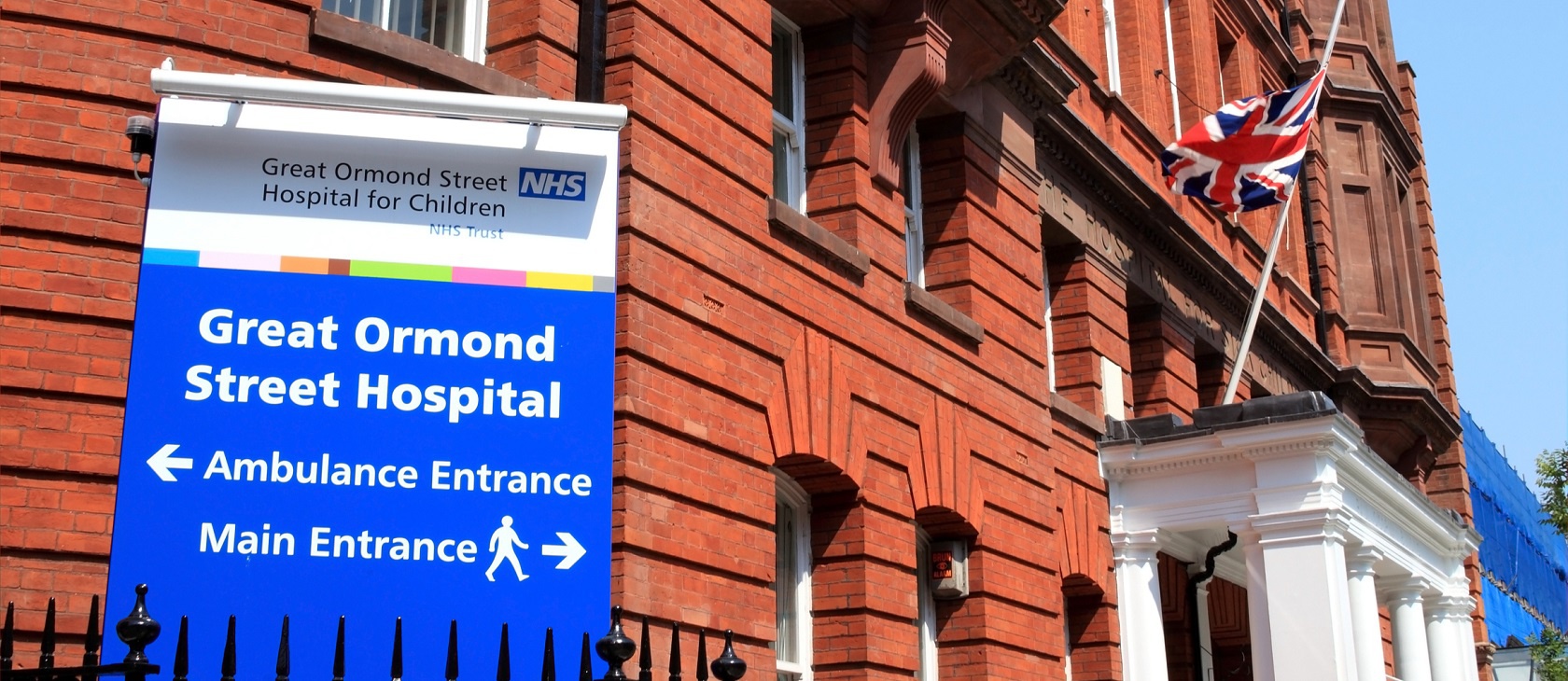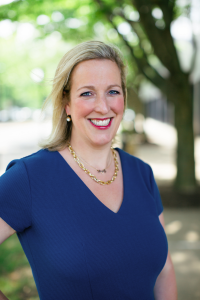The case of 11-month-old Charlie Gard continues to garner international attention and pleas for his life from Donald Trump and Pope Francis. Cases like Charlie’s, while exceptional and rare, are important because they establish precedents regarding the relationship between the individual and the state. When we think about it in this way, Great Ormond Street Hospital – which has been the target of much criticism – is actually almost an incidental player. The London children’s hospital is responding to the rules of the game -- the institutional legal structure -- and we can expect it to act according to the incentives those rules set forth.
Institutions and incentives also play a key role in creating an environment where Charlie’s case can have a happier ending -- where human ingenuity can be freed to achieve disease prevention and cure.
It’s rare for children who acquire the disease Charlie has to survive through late childhood. Experience and advances in treating the condition have been minimal, because only 16 people are known to have ever had this condition. Without treatment Charlie’s death is certain. With treatment, his death is still very likely. Some say the hospital should cut off life support because the chances are so grim -- it’s simple risk analysis. Others say the parents, Connie Yates and Chris Gard, should be able to decide and go to any length they see fit to save his life.
There are two deeply disturbing stories here: First, that the state can decide for the parents what treatment they can give or not give and legally withhold the child from his parents while doing so. And, second, that we are facing a disease that we know very little about.
The state is not a legal guardian of people, an entity that assigns rights and dignity.
The state is not a legal guardian of people, an entity that assigns rights and dignity. Quite the opposite: The state is a construct that we use (often not very effectively) to protect rights and dignity that we already have. The biggest concern we should have with the state is that it has a strong tendency to violate its position, and history is a powerful reminder of this tendency. The state in fact, has no dignity, only people do.
As such, the family is the most important societal mechanism for protecting and defending the rights and dignity which come from our Creator. Where the family or community cannot do this, we employ the state, bounded by the rule of law and respect for individual rights, to protect those rights.
When the state crosses that boundary and assumes the role of parent, we can only expect that the natural role of families, churches, and communities will be eclipsed, and this will erode our natural rights and dignity. Parents must be the ones to make the choices about the care of their children. This is why Charlie’s legal battle matters so much.
Put yourself in the position of his parents: If it was your child, you would want the opportunity both legally and financially to do everything you could for that child. You would want to choose what care your child receives and where. You would want to exhaust every possible life-saving measure, even if the odds were not favorable. The legal structure is depriving Charlie’s mother and father of that right and assuming a paternalistic role over the quality and length of his life.
Freeing healthcare
When the state protects the pre-ordained rights of individual people, we all have the chance to thrive. It is only in this environment that people are free to flourish, in part by finding ways to solve the real problems that plague us. And this brings us to the second part of the story.
Only when markets are freed and people can innovate do we get life-saving technologies. Charlie and those who come after him need doctors who have the incentives to try and fight this disease. For that we need a system that frees scientists and doctors to innovate and harnesses their human creativity for the Charlies of the world. It is this very process that has made it unlikely that you or I will die from the flu, measles, smallpox, or tuberculosis. Fatality rates for those diseases have plummeted over the past 300 years precisely because we have had the freedom to innovate.
However, the trend among wealthy countries is to overly-burden the health care field with regulations that make disease prevention and cure exorbitantly expensive. The UK system is one of “universal healthcare.” Universal healthcare means that everyone is enrolled and coverage is largely “free.” Free meaning there is no monetary price paid by the customers at the point of service, yet the real price people pay is quite high.
Doctors and other health care providers under this system cannot offer their services through a price system. Prices are needed because they help us ration scarce resources and prices work in conjunction with profits and losses, providing the necessary incentives for human ingenuity and innovation.
When we restrict prices, we end up with less innovation and substandard healthcare.
Innovation drives up quality and drives down prices -- this is good for everyone but especially the poor. When we restrict prices, we end up with less innovation and substandard healthcare. The wealthy can often avoid this by going outside the system. For ordinary people, the choices are few and innovations such as cures for rare diseases -- absent the incentives that drive such efforts -- are virtually non-existent. What Charlie and others need is good access to healthcare, which can only come through innovation in the market economy.
So Charlie is hit with a double whammy: His rights and the rights of his parents are being trumped by the state; and the healthcare system he finds himself a part of is excessively expensive both in the bureaucracy it necessitates and the lack of innovative cures and treatments it offers.
Charlie needs to benefit from the innovation of others, as do we all. We can’t change that for him tomorrow but we can stand up and fight against a state that arrogates power. We can stand for a society which empowers ordinary people to come up with extraordinary solutions to the diseases that plague us. In this we all flourish. Today we pray for Charlie and his parents, that he will be freed to get cutting-edge treatment that could save his life.
Market economies bounded by the morality of human dignity are the only chance we have at saving Charlie and others who face rare circumstances such as these. It ensures that people are treated with the inherent dignity and humanity they deserve and it induces life-enhancing and life-saving innovations.













